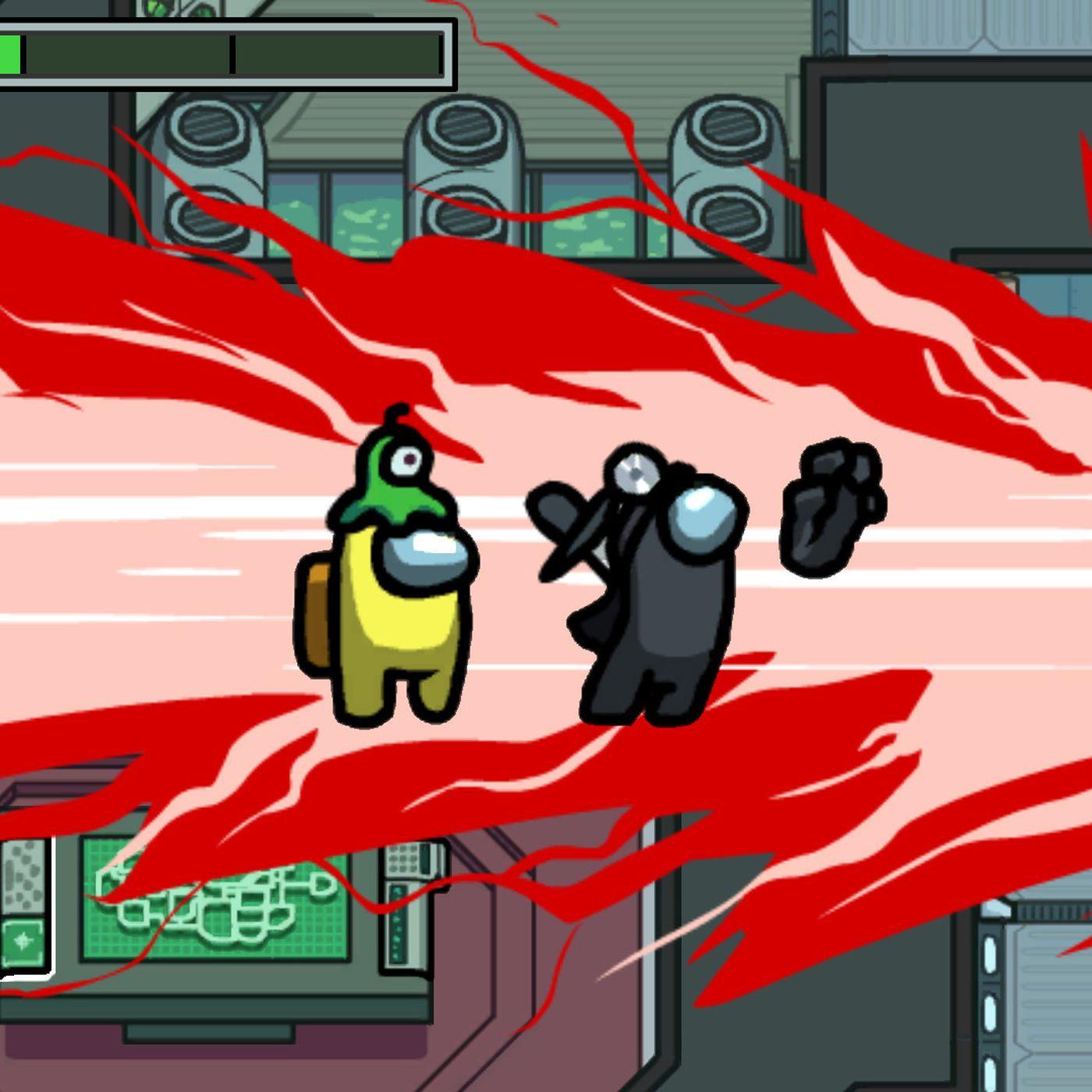Among Us is a social deception game designed by Marcus Bromander and published by Innersloth LLC. It is available on most platforms but I played on Windows.
The game’s target audience is primarily young adults, with the gameplay being most suitable for a group of friends due to the social deception aspect. There is fantasy violence, but the art style makes it appropriate for anybody aged 10+.
The game can take place with 4-15 players on 4 different maps. For each round of the game, players are separated into crewmate and imposter roles. The crewmates’ goals are to complete the tasks assigned to them and to eliminate the imposters. If either one of these conditions is fulfilled, the crewmates win the round. The imposters’ goals are to stay alive and eliminate crewmates, whether it be through direct action or social deception, and to sabotage the map. If the number of imposters becomes equal to the number of crewmates or if they successfully sabotage the map, they win the round. The number of imposters can be anywhere from 1 to 3, which is set by the lobby owner. The lobby owner also controls various other resources that are used to balance the game such as player movement speed, player vision radius, number of tasks, kill distance, kill cooldown, etc.
Once a round begins, the players are deployed onto the map and are not allowed to communicate with each other. The crewmates will then try to complete all of their tasks that are located in various locations on the map. The imposters will try to eliminate players and utilize their abilities to get away with it. These abilities include venting, which allows them to travel across the map much faster than crewmates through ventilation networks, and sabotage, which allows them to close doors, cripple crewmate vision, and force crewmates to respond to an urgent task or lose the game. For example, a common tactic for imposters is to kill a lone player on one side of the map and then sabotage the other side of the map, luring the rest of the players there so they don’t discover the body. Crewmates that discover a dead body can call an emergency meeting which then pulls everybody into a chat room to exchange information and vote for an imposter if they wish. Emergency meetings can also be called through a button on the map. Imposters can also call emergency meetings.
The primary kind of fun in Among Us is fellowship. Each round forces you to start from zero and build trust with other players – for both the crewmates and the imposters. Is your friend a silver-tongued pathological liar or an honest trustworthy teammate? Identifying who is safe and convincing others that you are safe are the key mechanics of the game. These interactions bring you closer to the people you are playing with and you get to better understand their personalities as you experience the game.
This game works because of the limited information players receive. With the restriction on communication and a limited vision radius, players are unaware of what goes on on the majority of the map. They’re forced to cooperate with other players and piece together information (trustworthy or not) to reach a conclusion.
Compared to other social deception games, Among Us is more interaction-based and less discussion-based. Take Secret Hitler for example, the game revolves around voting and discussing who to vote for. In Among Us, players are not allowed to communicate with each other besides during emergency meetings, so the bulk of the gameplay takes place in silence as each player navigates the map attempting to complete their tasks. During the emergency meeting, time is limited so it is vital that players communicate key information efficiently. If it turns into a shouting match, which is not unusual, imposters can take advantage of the confusion to stay hidden.
Since Among Us is based on a fictional narrative and the players fulfill fictional roles, there is very little real-life vulnerability in the game.



